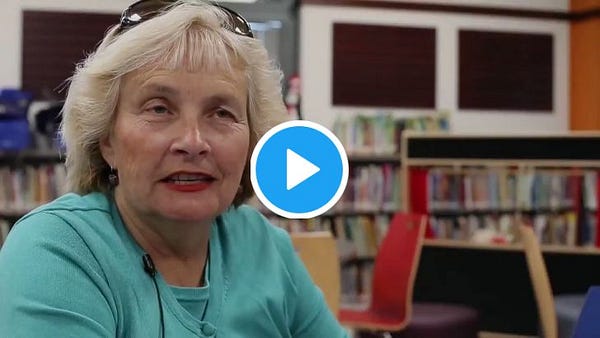Upcoming Local Elections Cannot be Forgotten in Post-Trump Calm
With arguably the most important election cycle of our lifetimes behind us, many of us have unwisely taken the opportunity of calm to tune out political news, notably upcoming municipal elections.
In the tense quiet between the suspension of the former occupant of the White House’s social media accounts and the inauguration of President Biden, one story stood out to me above all else: upcoming municipal elections.
Throughout the country, thousands of elections will take place throughout 2021, ranging from the high profile mayoral races of New York City, Miami, and Seattle, to races for positions like school board, water district board, and local judicial seats which fall under the radar.
The complexity of the races range as much as the jurisdictions with which these prospective elected officials could oversee. That said, given the political awakening experienced by many throughout the 2020 election cycle, Georgia run-off races, and storming of the Capitol, it is imperative that we all come together and vote in these important local elections, whether 2020 marked our first time voting or our hundredth.
To discuss this, I will be analyzing local elections from DuPage County, Ill, where I grew up. DuPage County is in the heart of suburbia, bordered on one side by the progressive haven of Chicago, and on the other side by the traditionally conservative rural communities in Kane, Will, and Kendall counties. As such, the county has historically been at the apex of the suburban Republican movement, although since 2018 the county has experienced a blue wave which continued into 2020 with the election of the county’s first Democrat-majority county board since the 1930s.


In the upcoming April 6, 2021 municipal elections, the county has nearly 650 positions up for election. This includes all races from the county-level down. With so many races, many of which do not follow the traditional “Democrat vs. Republican” model that most voters are accustomed to, voters often opt-out of participating in the first place. For instance, the 2018 Midterm Election saw 57.83 percent turnout. The following year’s municipal election saw only 14.84 percent.
Nevertheless, the 2020 General Election broke county records with 76.55 percent turnout, defying the odds of a global pandemic and widespread election misinformation. The fact that voters turned out in droves to participate in a free and fair election despite the misinformation and potential risk of pandemic exposure suggests that DuPage voters may be willing now more than ever before to participate in voting at the local level in off-year elections.
But responding to the popularity in voting should not be the impetus for participating in municipal races — elections are not trends; they have real, lasting outcomes.
In DuPage County, for instance, the 2021 ballot includes races for mayorships, city council seats, park commissioner positions, and seats on local library boards. Likewise, several propositions — one of the few methods in which citizens can directly legislate — will be voted on, ranging from new taxes to mayoral salaries to the allocation of budgetary spending (all of this, by the way, can be found in the links listed under “April 6, 2021, Consolidated General Election” here).
These positions and initiatives often go ignored in the media, and therefore are forgotten about by the general public. But the allocation power with which these races determine matters immensely.
In August, 2017, West Chicago, a community in DuPage County, faced a problem. Several community members had lodged a complaint with the city’s library board stating that an LGBTQ children’s book should be banned because those who had filed the complaint felt that anything outside of the straight, cisgender “norm” was not “family-friendly,” despite the fact that gender identity and sexual orientation are innate components to one’s identity from birth.
What was going to be a mundane consideration of a complaint turned into one of the county’s first instances of an elected body considering an LGBTQ issue, a topic which had largely been swept under the rug given the county’s history of social conservatism. Once news broke that the board would be voting on whether or not to ban the book from the children’s section, 152 community members flooded the small conference room and lobby where the vote was being held to voice their opinions on the matter.
In a landmark vote of 6-1, the board voted to keep the book in the children’s section. While this may seem trivial (after all, it's only a children’s book), the board’s vote represented a catalyst for greater LGBTQ acceptance throughout DuPage County. Other communities in the county would face similar votes in the following years, and my hometown of Wheaton, which once prided itself on having the second most churches per capita of any city in the country, held an inaugural LGBTQ Pride week in June, 2020.
Municipal elections matter because those elected to local positions have the power to make change in any direction, whether that change be concrete or more symbolic in nature. Had other members been elected to West Chicago’s library board, the vote could have easily gone in a different direction, and the county may not have become as accepting of folks from the LGBTQ community as it is today.
While DuPage County is but one of countless throughout the country, the region serves as a microcosm for the importance of participating in municipal elections. I highly encourage you to take five minutes of your day to research your upcoming municipal elections — you likely have one coming up closer than you think — double check that your voter registration is up to date, and request a mail ballot if your community allows you to do so. The stakes of not doing so are simply too high to be overlooked.






